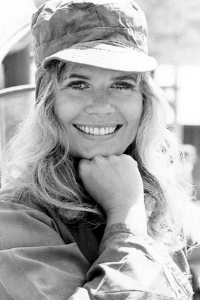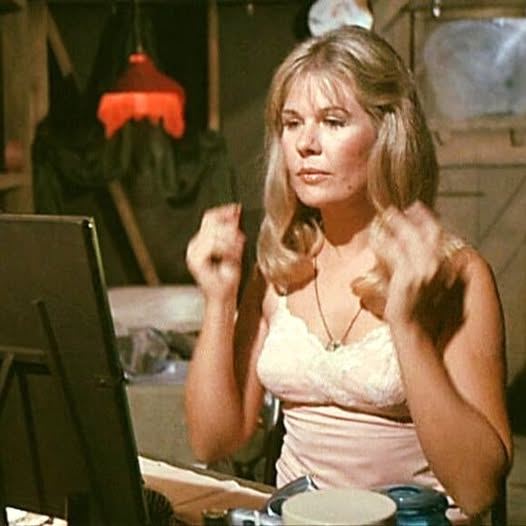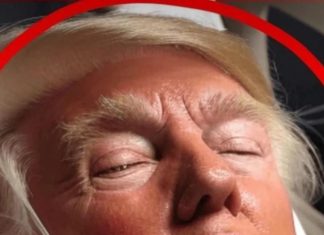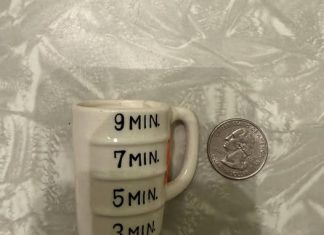MAS*H, the iconic television series set during the Korean War, captivated audiences with its blend of humor, drama, and poignant storytelling. While many fans are familiar with its memorable characters and episodes, there are several lesser-known mistakes and behind-the-scenes anecdotes that add depth to its rich history.
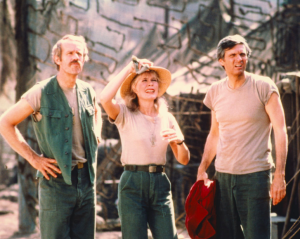
Father Mulcahy’s Battle with Hepatitis
William Christopher, who portrayed the compassionate Father Mulcahy, faced a significant health challenge during the show’s fifth season. He contracted hepatitis, which threatened his role on the series. Producers considered writing his character out, but Alan Alda (Hawkeye Pierce) intervened. Recognizing the importance of Christopher’s role and his personal circumstances, Alda crafted an episode titled “Hepatitis,” integrating the actor’s illness into the storyline. This creative solution not only retained Father Mulcahy in the narrative but also showcased the camaraderie among the cast.
Eerie Foreshadowing: Frank Burns’ Tumor Mention
In the “Hepatitis” episode, a seemingly innocuous line took on a haunting significance years later. Frank Burns, played by Larry Linville, mentions having “a pea-sized tumor under my sternum.” Tragically, Linville later succumbed to a malignant tumor located under his sternum, mirroring his character’s remark. This coincidence underscores the unpredictable intersections between fiction and reality.
Max Klinger: From Cameo to Core Character
Jamie Farr’s portrayal of Corporal Max Klinger, known for his comedic attempts to secure a discharge by cross-dressing, was initially intended for a single episode. However, Farr’s performance resonated with audiences, leading to his promotion to a series regular. Adding authenticity to his role, Farr wore his actual military dog tags from his service prior to acting, embedding personal history into his character.
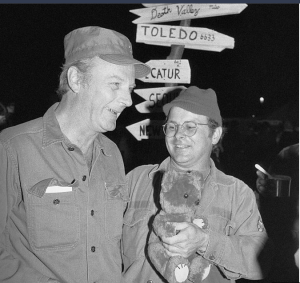
Anachronistic Oversight: The Bell Huey UH-1 Helicopter
In the season two episode “For the Good of the Outfit,” observant viewers noticed a historical inaccuracy. A Bell Huey UH-1 helicopter is displayed in Henry Blake’s office, despite the fact that this model’s first flight occurred in 1956, three years after the Korean War ended. Such discrepancies highlight the challenges of maintaining period accuracy in long-running series.
The Unanticipated Demise of Lieutenant Colonel Blake
One of the most shocking moments in television history was the death of Lieutenant Colonel Henry Blake, portrayed by McLean Stevenson. As Stevenson decided to leave the show in 1975, the writers made the bold choice to have his character die in a plane crash while returning home. This unexpected turn was unprecedented in primetime TV, leaving a lasting impact on viewers and setting a new standard for narrative unpredictability.
These behind-the-scenes stories and on-screen slip-ups offer fans a deeper appreciation for MAS*H’s legacy. They serve as reminders of the show’s human elements, both in its production and its storytelling, cementing its place in television history.